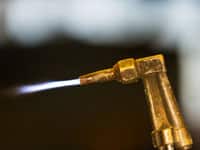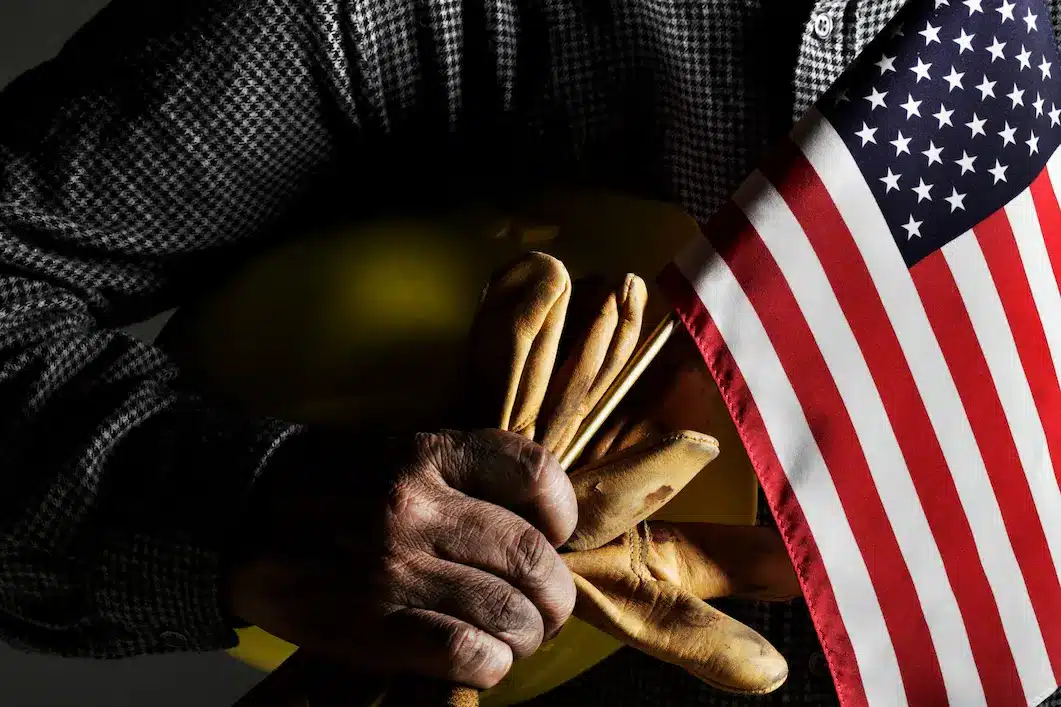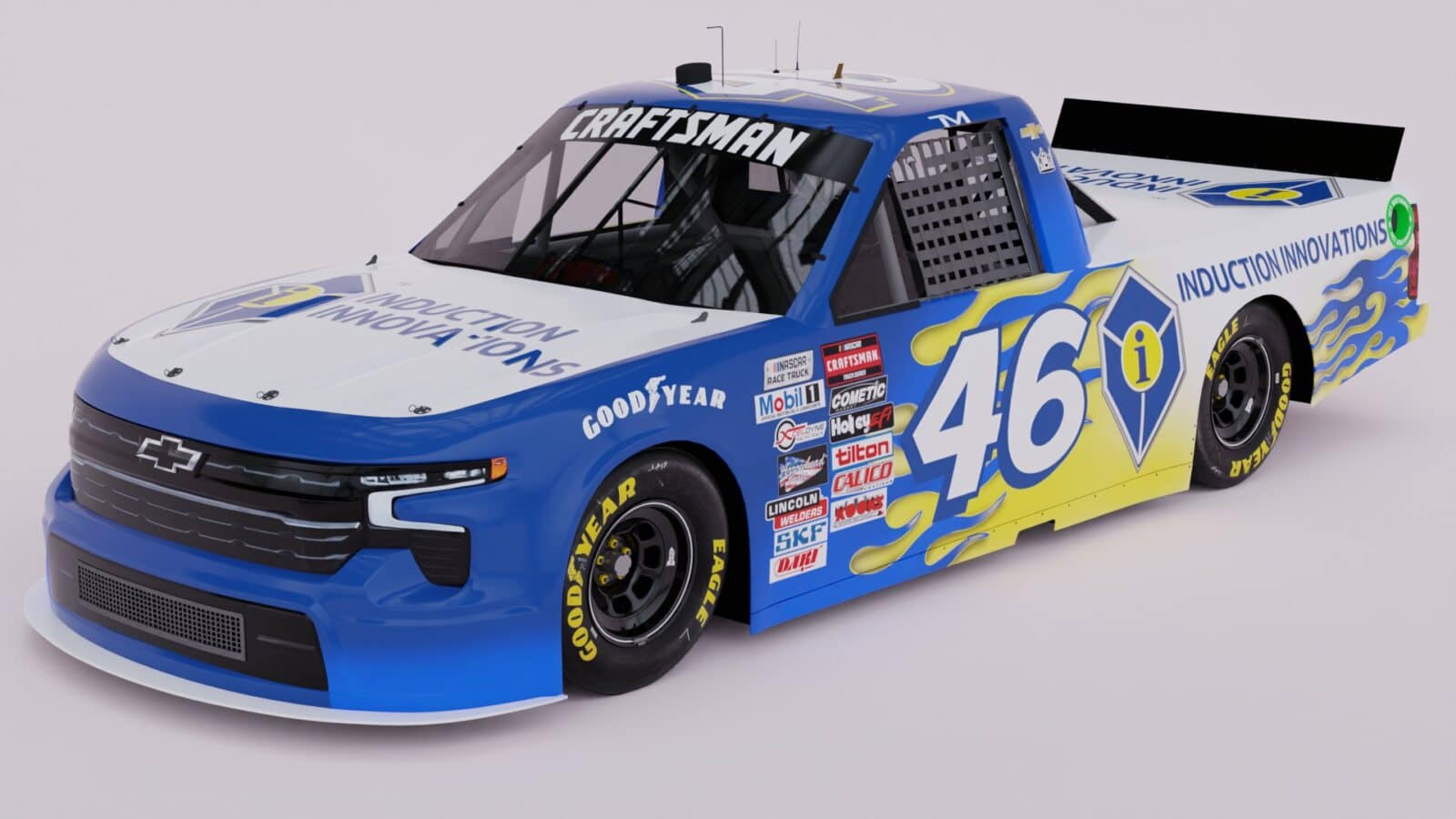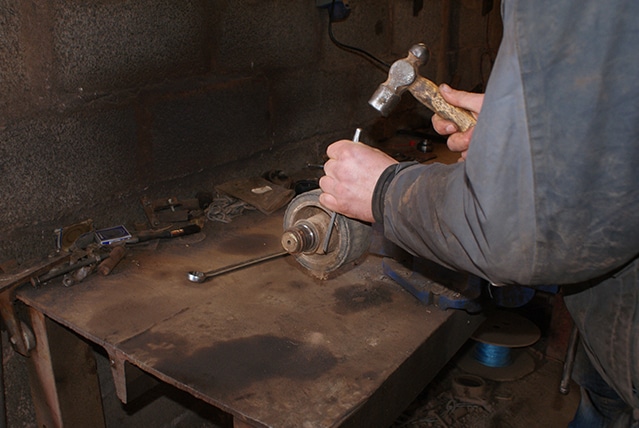 Flames can be the cause of many accidents in the workshop, but what are the realistic alternatives to using a naked, oxygen
Flames can be the cause of many accidents in the workshop, but what are the realistic alternatives to using a naked, oxygen
fuel (oxygen-acetylene) flame? With health and safety such a key part of workshop life, the use of induction heating tools is one alternative that
can provide peace of mind, lower insurance rates and increase profits.
Using Oxygen Fuel Is Risky
Oxygen fuel welders have been under scrutiny for some time. The risks of fire and explosion hazards from using oxygen fuel and acetylene for welding,
cutting are well documented by OSHA.
Acetylene is an extremely flammable gas, is unstable and has a tendency to pollute by emitting toxic fumes. Gas cylinders are a convenient way to transport
and store gases under pressure but there are risks, including:
- Blast of a gas cylinder explosion or rapid release of compressed gas
- Impact from parts of gas cylinders or valves that fail, or any flying debris
- Manual handling injuries
The use of a naked flame/acetylene torch in a confined space vastly increases the consequential fire risk – plastics, wiring, trim etc. around the part
to be removed can catch fire, causing potentially costly damage. For example, replacing damaged wiring can be very expensive and, if unnoticed, could
potentially put the driver at risk as well.
Higher Costs
The cost of using oxygen fuel is rising too. On average, insurance premiums are 10-30% higher (depending on use and insurance company) when using oxygen
fuel, compared to those who do not. Added to the average cost of $250 a year to rent a gas bottle, the costs start to add up.
Keep Your Employees Safe with an Alternative Reliable & Efficient Heating Solution
A viable alternative is induction heating, which uses Invisible Heat® created by high frequency magnetic fields to heat metal parts in seconds.
Ferrous metal parts heat up very quickly, with less collateral damage, because the heat is localized on the part and not the surrounding area.
The market leading Inductor® Series is a high performance inductive heating
solution, ideal for use by automotive mechanics. The range includes the user-friendly Mini-Ductor® handheld unit (available in 110V, 240V and 12V battery powered versions) and the Pro-Max® Fully Loaded with a cart or Pro-Max workbench mounted model.
Our easy-to-use induction tools can cope with a variety of heating needs. Different types of bendable coils can be attached to the unit to fit the problem
part and these can be usefully shaped to fit into hard to reach crevices and tight spots.
Increase Operator Safety & Lower Costs
Inductive heating tools are safer, with a heavily reduced risk from fire, explosions or toxic fumes (induction heating does not heat rubber, plastic or
glass). And the tools can increase a garage’s productivity by around 50% because downtime is minimized, parts can be re-used and insurance premiums
are reduced if gas bottles are not used on site.
Here’s a summary:
|
Oxy-Acetylene Risks for Garages/Workshops |
Induction Heating Benefits |
|
High risk of fire, explosion and can emit toxic fumes. |
Induction heating is a safe and reliable Invisible Heat® |
|
Plastics, wiring and trim around the part to be removed can catch fire, causing potentially costly damage. Naked flames and traditional |
Reduces collateral damage |
|
Body shops and garages that use oxy-acetylene have, on average, 10-30% higher insurance premiums than those who do not. |
Reduces insurance costs |
| Traditional cutting and heating tools take time to work, reducing garage productivity. |
Increases productivity and profits |
Contact us to learn more about the benefits of induction heating over oxygen fuel acetylene torches



